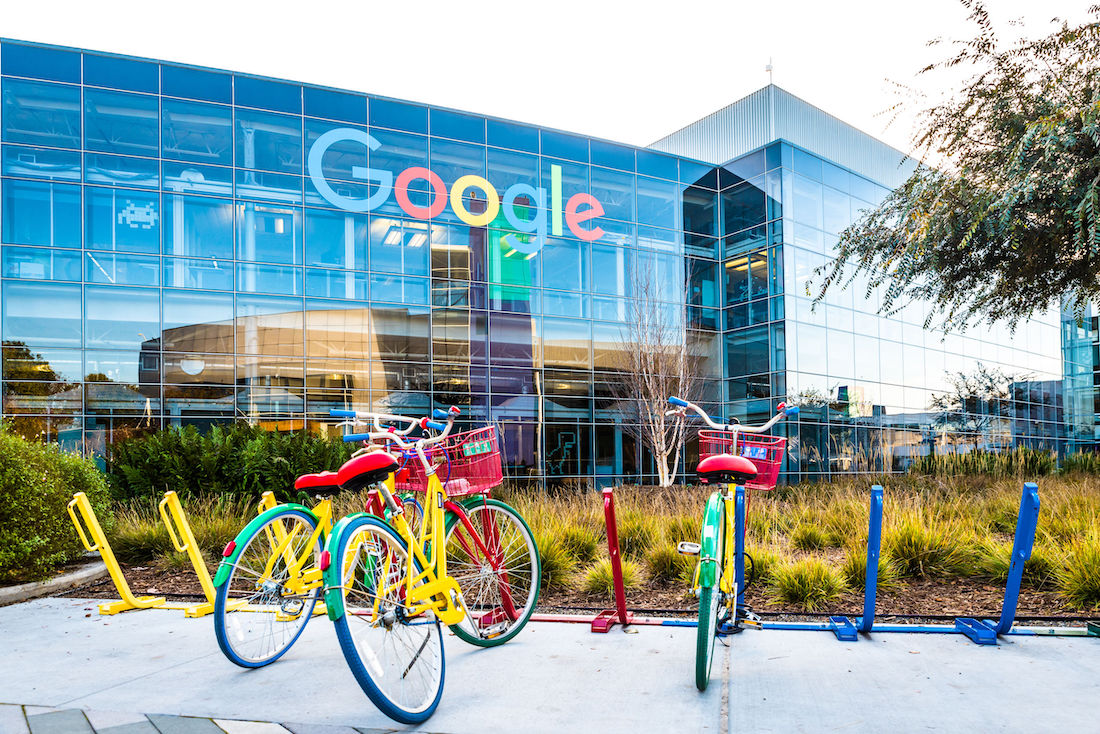Google launches $6M seed funding in the Asia Pacific through its philanthropic arm Google.org. As announced by the company’s chief sustainability officer, Kate Brandt, the fund will be used to disburse to startups in Asia that are working on addressing the “sustainability challenges”. Such as pollution, waste, biodiversity, renewables, and the circular economy.

Aside from the funding, Google will also provide mentorship from its engineers as well as access to technology as part of the program. Previously, the tech giant gave capital to Indonesian startup Gringgo, which aims to solve waste management problems in the country. On top of this initiative, Google will add green options to its own products, including its search engine.
Last year, Google-backed Factor has raised $6M funding. Based in San Francisco, Factor was founded by Doug Shultz and Michael Szewczyk, who met working on a graduate project at Harvard Business School and Stanford to solve the “First Mile” supply chain problem.
That’s a term that refers to the proliferation of manual processes and limited data access in the first steps of production, leading to delays and shortages before shipping. “Most people hear ‘supply chain disruption’ and think of container ships stalled outside a port. But the overwhelming majority of disruptions happen before goods ship — in the supply chain’s First Mile,” Shultz said in a press release.
Factor raises $6M seed funding
“This part of the supply chain transacts trillions of dollars each year and has never been more specialized, but the infrastructure that keeps it running hasn’t kept pace,” Factor says it now serves more than 250 companies, mostly mid-sized manufacturers, that use its software to reduce the time and resources needed to transition from product design to finished goods.
Many sectors — especially those trafficking in electronics and durable goods that need semiconductors — are seeing delivery wait times extend in 2022. Industry groups say they are becoming more and more concerned about how these long lag times will affect payments and fulfillment of durable goods orders. “Combined with increased demand for appliances and equipment, supply chain bottlenecks have negative consequences, including increased costs, lost sales, delayed deliveries of critical products to consumers in the face of supply chain backlogs, and even shutting down manufacturing plants,” the Association of Home Appliance Manufacturers, a coalition of four industry groups, said in a statement in October.
It remains unclear whether the company is working on sustainability startups in every aspect. However, it appears that more startups will be backed by Google.











